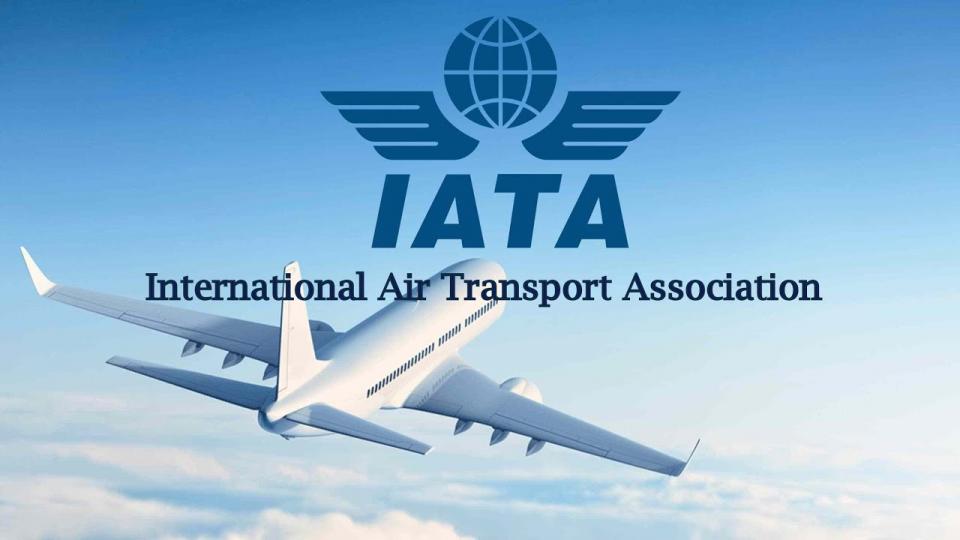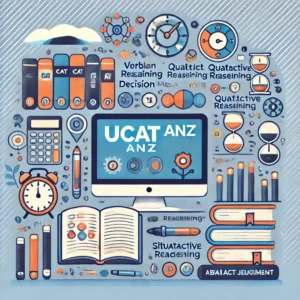International Air Transport Association (IATA): Shaping the Future of Global Aviation
Introduction
The International Air Transport Association (IATA) is a pivotal organization in the global aviation industry, dedicated to supporting and guiding the airline sector through its complex landscape. With its comprehensive range of services, standards, and advocacy efforts, IATA plays a critical role in ensuring the efficiency, safety, and sustainability of air transport worldwide. This article explores IATA’s mission, key functions, and its impact on the aviation industry.
Overview of the International Air Transport Association (IATA)
History and Mission
The International Air Transport Association (IATA) was founded in 1945 to represent and serve the interests of airlines globally. Its mission is to promote safe, secure, efficient, and economical air transport for the benefit of the world’s people and commerce. IATA aims to drive industry standards, enhance operational efficiency, and advocate for the aviation industry’s interests at various levels.
Core Values
- Safety: Committing to the highest standards of safety in air transport.
- Efficiency: Enhancing operational efficiency and reducing costs through innovative solutions.
- Sustainability: Promoting environmentally sustainable practices in aviation.
- Advocacy: Representing the interests of airlines and the broader aviation industry to governments and international bodies.
Key Functions of IATA
1. Standards and Regulations
IATA plays a crucial role in establishing and maintaining industry standards and regulations:
- Safety Standards: Developing and enforcing safety standards to ensure the safe operation of aircraft and airlines.
- Operational Procedures: Creating standardized procedures and practices for various aspects of airline operations.
- Regulatory Compliance: Assisting airlines in complying with international regulations and standards.
2. Financial Services
IATA provides essential financial services to facilitate global air transport transactions:
- Billing and Settlement: Managing the billing and settlement processes between airlines and travel agents through the Billing and Settlement Plan (BSP).
- Clearinghouse Services: Offering clearinghouse services to streamline financial transactions and reduce risk.
3. Training and Development
IATA offers a range of training and development programs for industry professionals:
- Certification Programs: Providing certification programs for various roles in the aviation industry, including pilots, engineers, and ground staff.
- Workshops and Courses: Offering workshops and courses on industry best practices, safety, and operational efficiency.
4. Advocacy and Representation
IATA advocates for the aviation industry’s interests and represents airlines on a global scale:
- Government Relations: Engaging with governments and regulatory bodies to shape policies that impact the aviation industry.
- Industry Forums: Organizing forums and conferences to address industry challenges and opportunities.
5. Research and Analytics
IATA conducts research and provides analytics to support industry decision-making:
- Market Data: Offering comprehensive market data and analysis to help airlines and stakeholders understand industry trends.
- Performance Metrics: Providing performance metrics and benchmarks for airlines to assess and improve their operations.
Benefits of IATA’s Services
1. Enhanced Safety and Compliance
IATA’s standards and regulations ensure that airlines adhere to high safety and compliance levels:
- Standardized Safety Protocols: Ensuring consistent safety practices across the industry.
- Regulatory Guidance: Helping airlines navigate complex regulatory environments.
2. Operational Efficiency
Through its financial services and operational guidelines, IATA enhances operational efficiency:
- Streamlined Transactions: Simplifying financial transactions between airlines and travel agents.
- Best Practices: Providing operational guidelines that improve efficiency and reduce costs.
3. Professional Development
IATA’s training programs support the professional development of industry personnel:
- Skills Development: Offering training that enhances skills and knowledge across various roles in aviation.
- Career Advancement: Providing certification and development opportunities that support career growth.
4. Industry Advocacy
IATA’s advocacy efforts benefit the aviation industry as a whole:
- Policy Influence: Shaping policies that support the growth and sustainability of the aviation sector.
- Industry Collaboration: Facilitating collaboration and knowledge sharing among industry stakeholders.
Technology and Innovation
1. Digital Solutions
IATA leverages digital technology to enhance its services and solutions:
- Data Management: Utilizing advanced data management systems for market analysis and performance tracking.
- Online Training: Offering online training and certification programs to increase accessibility and convenience.
2. Sustainability Initiatives
IATA is committed to promoting sustainability in aviation:
- Environmental Standards: Developing standards and initiatives to reduce the environmental impact of air travel.
- Sustainable Practices: Encouraging the adoption of sustainable practices and technologies within the industry.
Industry Impact and Thought Leadership
1. Driving Industry Innovation
IATA is at the forefront of driving innovation in the aviation industry:
- New Technologies: Exploring and promoting new technologies that enhance safety, efficiency, and sustainability.
- Future Trends: Identifying and addressing emerging trends and challenges in aviation.
2. Educational Resources
IATA provides valuable educational resources to support industry professionals:
- Publications: Publishing reports, guidelines, and best practices on various aspects of aviation.
- Events and Conferences: Organizing events and conferences to discuss industry developments and share knowledge.
Member and Client Support
1. Comprehensive Support
IATA offers comprehensive support to its members and clients:
- Customer Service: Providing responsive customer service to address inquiries and support needs.
- Consultative Services: Offering expert advice and consulting services on industry practices and standards.
2. Community Engagement
IATA fosters a community of aviation professionals and stakeholders:
- Networking Opportunities: Facilitating networking and collaboration through industry events and forums.
- Feedback Mechanisms: Gathering feedback to continuously improve services and address industry needs.
Conclusion
International Air Transport Association (IATA) is a key organization in the global aviation industry, providing essential services and support to enhance safety, efficiency, and sustainability. Through its standards, financial services, training programs, and advocacy efforts, IATA drives innovation and supports the growth of the aviation sector. For more information about IATA and its initiatives, visit International Air Transport Association’s official website.




